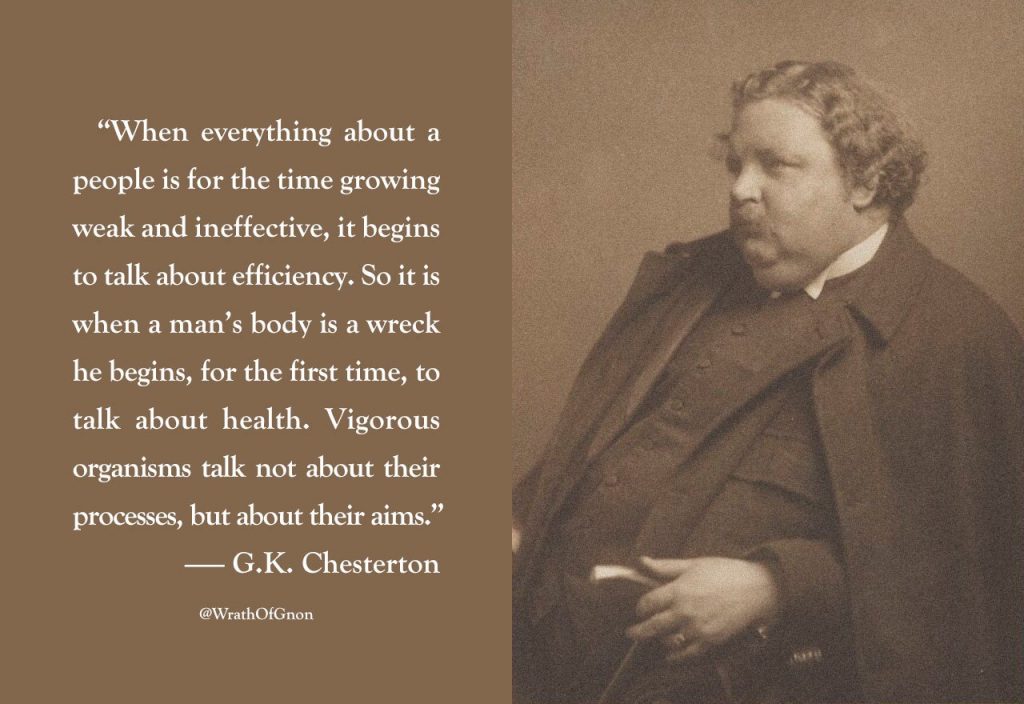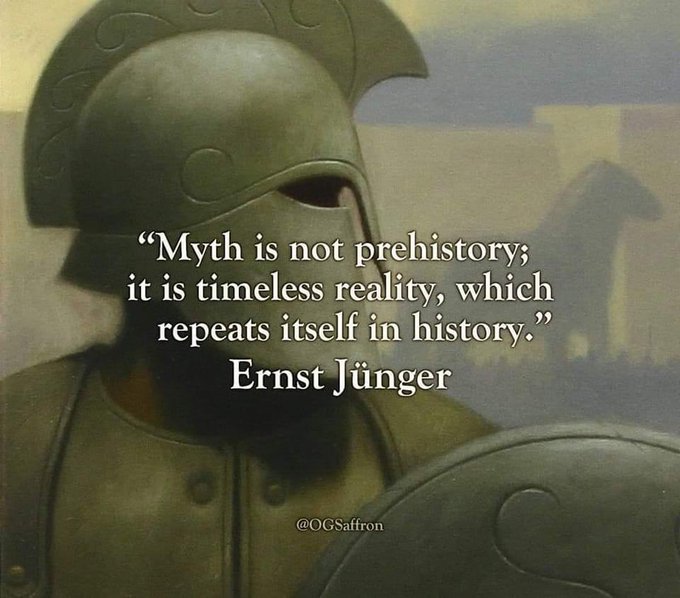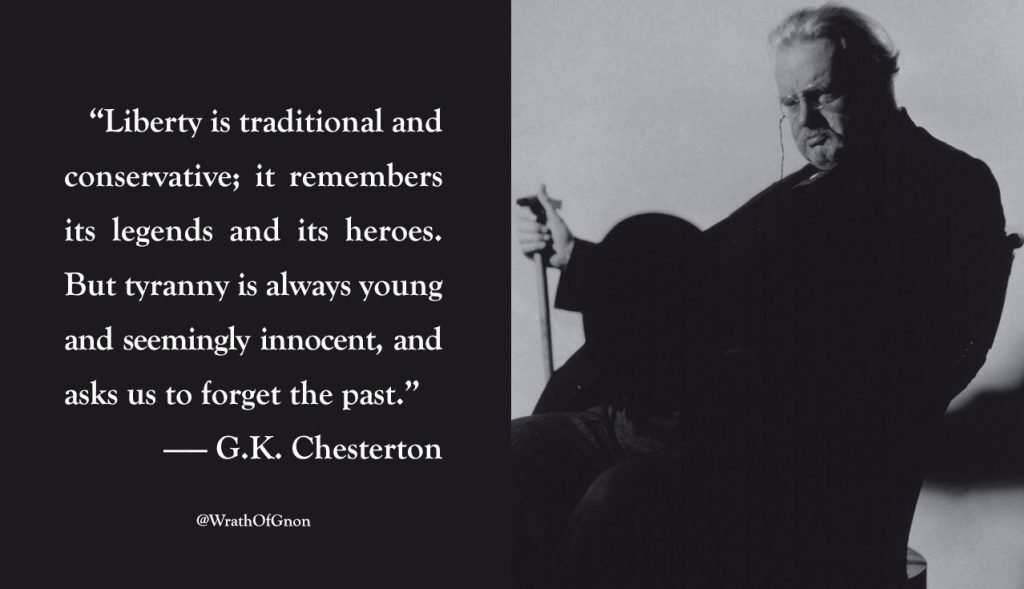If you do not take an interest in the affairs of your government, then you are doomed to live under the rule of fools.
Plato
The aim of public education is not to spread enlightenment at all; it is simply to reduce as many individuals as possible to the same safe level, to breed and train a standardized citizenry, to put down dissent and originality.
— H. L. Menchen


Plato in his Laws esteems nothing of more pestiferous consequence to his city than to give young men the liberty of introducing any change in their habits, gestures, dances, songs, and exercises, from one form to another; shifting from this to that, hunting after novelties, and applauding the inventors; by which means manners are corrupted and the old institutions come to be nauseated and despised. In all things, saving only in those that are evil, a change is to be feared; even the change of seasons, winds, viands, and humours. And no laws are in their true credit, but such to which God has given so long a continuance that no one knows their beginning, or that there ever was any other.
— Michel de Montaigne, Of Sumptuary Laws (trans. Charles Cotton)
https://gutenberg.org/files/3600/3600-h/3600-h.htm#link2HCH0043
There is a great difference between resisting evil and renouncing it. When you resist evil, you give it your attention; you continue to make it real. When you renounce evil, you take your attention away from it and give your attention to what you want. Now is the time to control your imagination and give your energy to what you want.
— Neville Goddard

“Hoping for the best, prepared for the worst, and unsurprised by anything in between” – Maya Angelou

Kings are ordained by God, and established by the people, to procure and provide for the good of those who are committed unto them, and that this good or profit be principally expressed in two things, to wit, in the administration of justice to their subjects, and in the managing of armies for the repulsing their enemies: certainly, we must infer and conclude from this, that the prince who applied himself to nothing but his peculiar profits and pleasures, or to those ends which most readily conduce thereunto, who contemns and perverts all laws, who uses his subjects more cruelly than the barbarous enemy would do, he may truly and really be called a tyrant, and that those who in this manner govern their kingdoms, be they of never so large an extent, are more properly unjust pillagers and free-booters, than lawful governors.
— Vindicae Contra Tyrranos